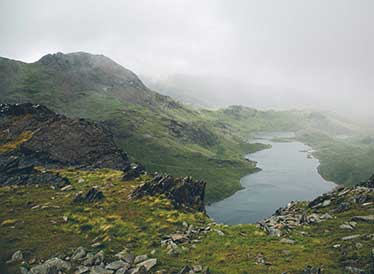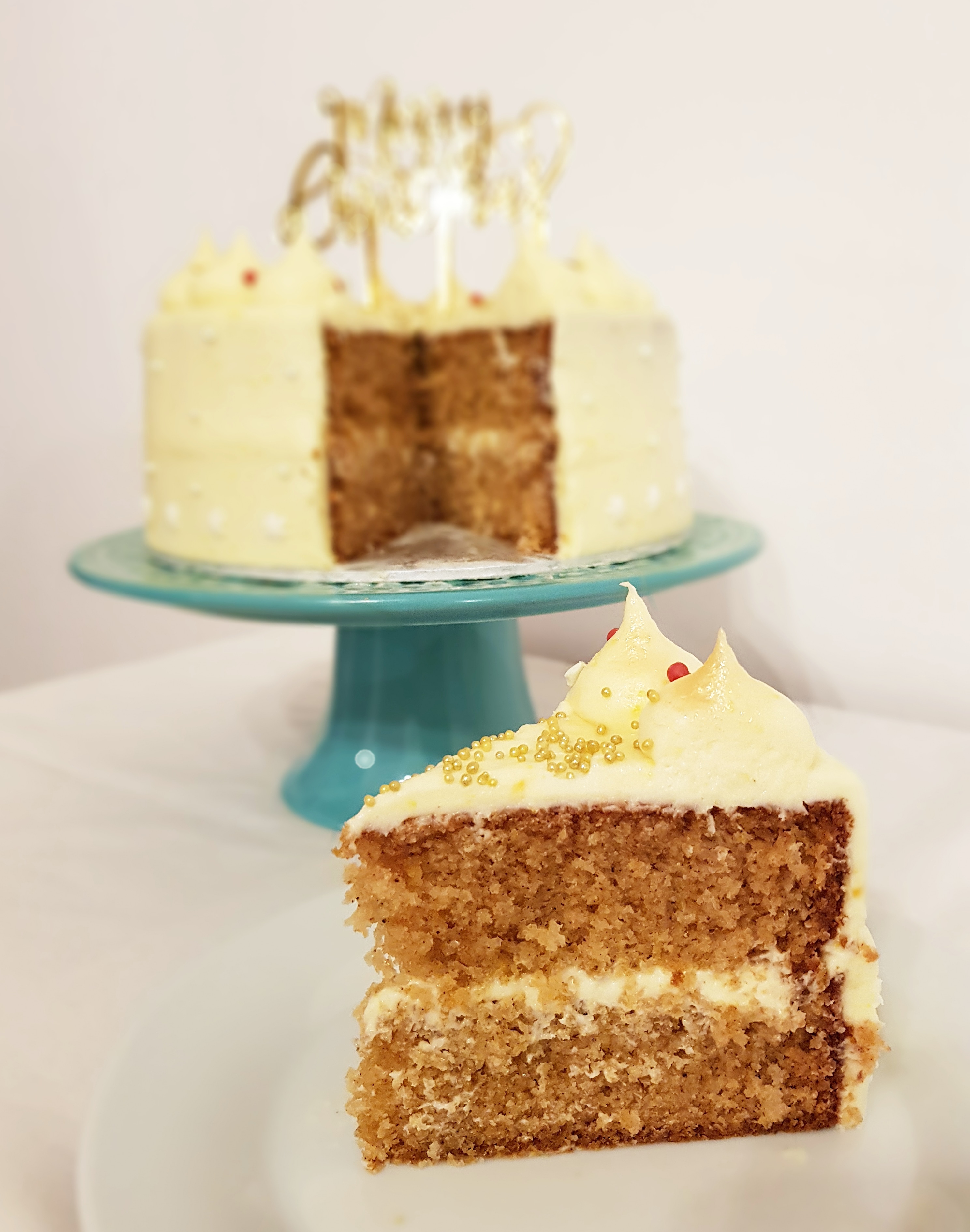For her most recent book, The Atlas of Happiness, Helen Russell spoke to people all over the world about what keeps them in good spirits during the harshest months. Here she shares insights from across the globe.
Have great craic like the Irish
In UK happiness surveys, Northern Ireland always comes out on top. Their affinity with the term 'craic' might have something to do with it.
Craic, as Helen's Irish friend Niamh explains in the book, is "about storytelling... Whether through conversation or song or poetry, craic is about sharing experiences."
Helen explains that "psychologists from Oxford University have found that hearing harrowing tales of woe can help with group bonding as well as triggering endorphins as our body gets ready to fight off imagined 'pain' in real life. So getting scared or sharing sad stories in a group setting can, counter-intuitiviely, make us happier."
Helen also tells us that "having a drink in a social environment has been shown to make people happier." Her research uncovered a study that found happiness levels increased by almost 11% when volunteers drank alcohol in a social environment. And while craic is about the stories more than the alcohol consumed while telling them, it can often be found in the friendly, social environment of a pub.
Sobremesa like the Spanish
If you're planning a big dinner soon, the Spanish idea of sobremesa is for you.
"You eat until you feel like you're pinned down by your own stomach," says Helen. "Then, rather than leaping up to clear all the dishes away you just sit and enjoy and savour the food and have carb-induced conversation."
As Helen's Spanish friend Marta explains in the book, "Spaniards enjoy life – because we know how to eat."
When the whole family and friends remain sitting round the table after lunch we can discuss any home issues or wider ones being social, political or cultural. The sobremesa can last up to a few hours and even into the evening, whilst drinking wine or coffee. I consider food to be a great source of my happiness – eating is an absolute pleasure and I enjoy it to the max!
Get hygge like the Danish
You might have heard of hygge, the difficult-to-translate Danish word meaning something like 'a feeling of cosiness'.
Picture yourself snuggled under a blanket in a warm, candlelit room while it's dark and cold outside, clutching a cup of warm cocoa. The feeling you're getting from picturing it – that's hygge.


Use of this word has exploded in recent years and Helen explains that "it makes us feel better because we're practising self-kindness." She adds, "we do this to an extent in the UK, but we don't label it so we don't prioritise it."
So when it's grim outside, grab a good book, make yourself a hot drink, and get hygge – you'll thank yourself for it.
The Danes are also used to very long, harsh winters. So how do they cope with that and still stay one of the happiest nations in the world?
"Acceptance," says Helen. "Danes are pretty good at accepting and sinking into the season rather than trying to do the same things as normal when the weather turns. They wear proper technical outerwear and still go outside."
That's because getting fresh air and exercise is really important for our mental wellbeing all year round. So make sure you punctuate getting hygge with a bit of the great outdoors – just wrap up well first!

"Optimism isn't frivolous. It's necessary."
Helen Russell
Þetta reddast like the Icelandic
In Iceland, people have developed a strong sense of resilience and an overwhelmingly positive outlook. The national motto Ϸetta reddast (pronounced tah-tah-rah-dost) means "it will all work out".
"To survive in what is essentially a fridge all year round they have this inner grit and they develop a really strong interior life," says Helen.
Like the Irish, Icelanders see storytelling as a really important tradition. Helen explains that "reading and embracing stories has been shown to increase our empathy, make us happier, and develop new neural pathways."
She adds that "Icelanders read more books than any other nation and they're always top of the happiness leagues." There are studies to prove that's no coincidence, so get reading.
Embrace hwyl like the Welsh
According to The Atlas of Happiness, Hwyl means "giving something welly or doing it with gusto." That translates into generally living life at full pelt, and Helen explains how it extends to the Welsh view of learning.


"In Wales they prioritise the arts and education no matter your age or social class. It doesn't matter if you're 17 or 70 – there are still things we can all be learning."
She adds that "there is a pleasure in the arts, and education is for everyone."
"It's nice to embrace a philosophy where learning is for learning's sake – where it's not demonised, but celebrated because it's good for us. Because learning makes us happier and keeps our brains agile."
Practise gemütlichkeit like the Germans
Gemütlichkeit is a German word meaning cosy, comfort-inducing, and "relating to a sense of belonging and social acceptance."

"It's the idea that you do something cosy that restores your soul. But it should be above your normal needs," explains Helen.
"So, if you're hungry it should be a lovely cake. It shouldn't just be your basic bread and butter."
Helen's German friend Nina explains that "Gemütlichkeit means doing something good for your soul."
This one's pretty simple, then. If you're going to treat yourself, do it properly.
No matter where we live, money isn't everything
Across countries, various patterns emerge. One of these is how much money we need. "Money isn't something to be pursued above happiness," says Helen.
"We need enough of it to cover our basic needs and beyond that it's not going to make much of a difference. Spending time with friends and family makes you happier, and so does spending time outdoors and exercising all year round."

